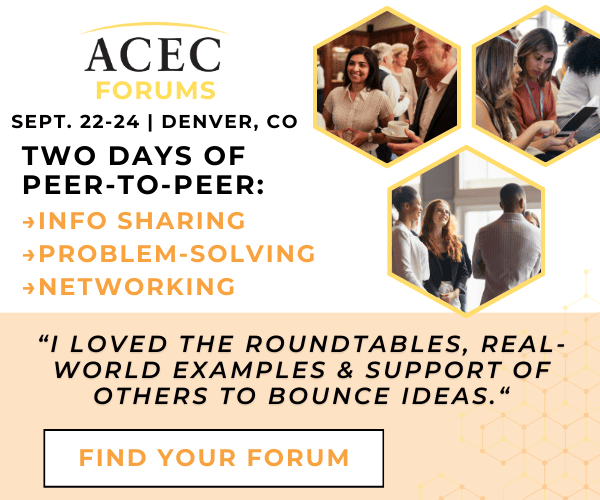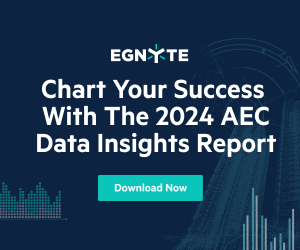Messaging expert and pollster Michael Maslansky prefaced his remarks at this morning’s General Session with a personal anecdote about building his children a surprise treehouse while they were away at summer camp. He told attendees how he’d carefully designed and measured, only to find that the pieces simply weren’t fitting. It was then that he realized the two by fours he’d purchased were not, in fact, 2 by 4, even though he’d accepted on faith that they were. That story was a perfect metaphor for his remarks: that what we think we’re getting isn’t always what we end up with.
As our industry – and every industry – continues to grapple with the thorny question of Environmental, Social, and Governance (ESG), Maslansky asserts that the biggest problem with ESG is in how it’s framed. Language matters, he said, and it’s important to remember that it’s not what you say, it’s what people hear. ESG fails when it is framed as forced morality. Phrases like “it’s the right thing to do” are subtle triggers that lead audiences to think a company or entity is making a values-based argument. In a climate as polarized as this, preferencing one set of values over another is a recipe for controversy. That is particularly true when a company is seen as virtue signaling on an issue of no relevance to its target consumer.
To illustrate that point, Maslansky pointed to Bud Light’s controversial hiring of transgender influencer Dylan Mulvaney. The backlash to Mulvaney’s hiring was swift and significant, Masklansky said, because there was zero connection between Bud Light as a brand and the transgender community. He went on to note that at around the same time of Mulvaney’s hiring, Hershey also tapped a transgender spokesperson. That hire was met with so little fanfare and controversy that most attendees appeared to be unaware of it. Here, said Maslansky, is the difference: “Everyone loves Hershey bars. Everyone eats chocolate.” Bud Light, on the other hand, appeals to a very discrete market. The bigger the difference between the public’s intuitive understanding of a product or firm, the bigger the risk. When companies make decisions in the ESG space, Maslansky said, the “why” of that decision must be immediately clear.
Still, there are ways that companies can execute against their own internal environmental, social and governance strategies (lowercase) without reaping the potential whirlwind of ESG (uppercase) as a brand. A poll of attendees revealed that many of ACEC’s firms are already on this path. Workforce shortages are one of the top challenges of our industry, and no solution to those shortages exists without dedicated outreach and recruitment of underrepresented groups. Is that “DEI?” Or is that simply good business?
The answer, said Maslansky, is the latter. When the issue is framed as delivering value, not values, the argument becomes much clearer and much easier. “People respond to positive and simple messages,” he concluded.


